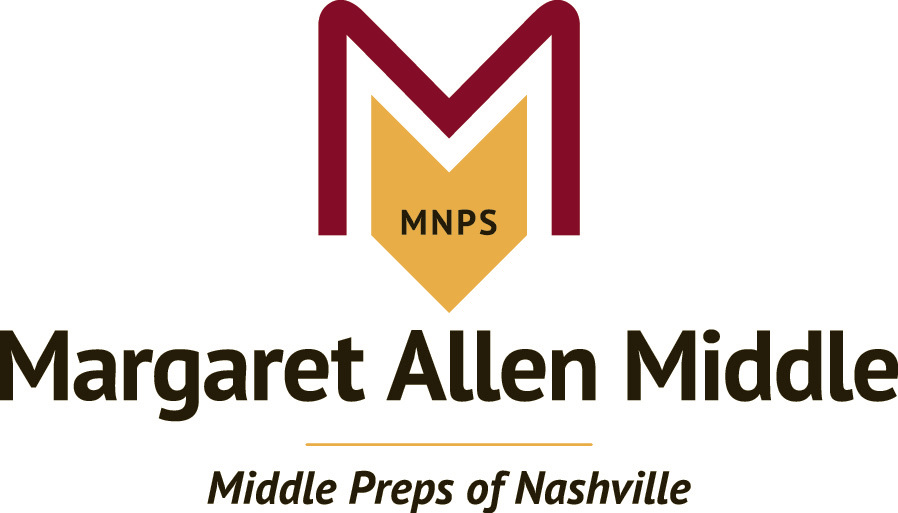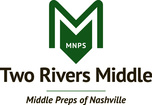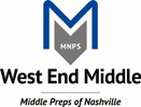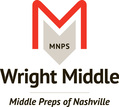Thanks to the following middle schools and organizations that participated in the collaborative inquiry data dive.
0 Comments
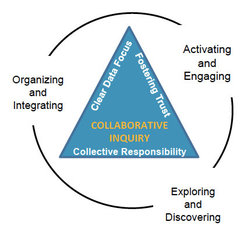 During my first year of teaching 8th grade math and science, I decided to put my students into cooperative groups for a math project. I was trying something new and even had my university supervisor coming to observe me. (In KY new teachers are observed at least 9 times a year by principal, mentor teacher, and university supervisor.) Dr. Maya Angelou has a quote, "When you know better you do better." Well, let's just say that when the lesson where I used cooperative groups was observed, I had ALOT to learn. I had basically put students together and said, "cooperate". I lacked structures, strategies, and principles for facilitating the cooperative learning process. Today, there's research about the importance of leveraging collaboration and social capital in schools (Hargreaves & Fullan, 2012; Hattie, 2015) for improving student success. However, just like I did in my classroom, educational organizations are putting teachers together in common planning time and saying, "collaborate." How well do you think this is working? The collaborative inquiry process is a tool for providing structures, strategies, and group dynamic principles to help teams move from dialogue, to discussion, to decisions. The best part is that voices are heard and ownership is fostered, so that the actions really occur. Let me share with you an example last week, November 8th from Murrell School where the TELL survey data was used with faculty to make recommendations for improving culture and climate. They made some excellent recommendations for supporting student success. Here's what Susan Siegel, Executive Principal of Murrell School, shared about the process: "It was wonderful! I loved the process, and learned great strategies in working with staff. I talked to several teachers and they really appreciated the steps taken, and felt all voices were heard. Many also said they were pleased that we had a plan to ensure changes. All said you did a terrific job and thought the entire PD was exciting and energizing." You can read more about Murrell's work at http://www.mnpscollaboration.org/murrell--culture-and-climate-2016-2017.html. Thanks Murrell for inviting me to be part of the conversation. I look forward to continued collaboration. If you and/or your school is interested in learning more about the collaborative inquiry process for fostering data conversations, please feel free to contact Margie Johnson at [email protected]. References: Hargreaves, A. & Fullan, M. (2012). Professional capital: Transforming teaching in every school. New York City, NY: Teachers College Press. Hattie, J. (2015). What works best in education: The politics of collaborative expertise. Retrieved from https://www.pearson.com/content/dam/corporate/global/pearson-dot-com/files/hattie/150526_ExpertiseWEB_V1.pdf |
Email Subscription
Click HERE to subscribe to receive emails for the blog posts. Archives
February 2018
Categories
All
|
|||||||||||||||||||||||||
- Home
-
Workshop Warehouse
- Collaborative Inquiry for Data Use Workshop (Got Data? Now What?)
- Fishbone and Logic Model Workshop Materials
- Innovation Configurations Materials
- Creating an Evaluation Plan
- Facilitating Collaborative Inquiry Workshop (Dr. Laura Lipton)
- Group Data Exploration (PLI 2016)
- Collaborative Inquiry Community of Practice
- JE Moss Elementary Leadership Team Meeting
- 2016 NCES STATS DC Presentations
- Una Elementary Leadership Team
- Haynes Middle Prep-August 1, 2016
- August 2, 2016--Jere Baxter Middle
- 2016 NTC Nashville Analytics Conference
- Glencliff ES Leadership Team--Sept. 15, 2016
- Haynes MS Leadership Team Culture and Climate Meeting--Sept 19, 2016
- Sept 27, 2016 Two Rivers Leadership Team Meeting
- Rose Park Culture and Climate--2016
- Two Rivers SIP Goal Setting--Sept 20, 2016
- Curriculum and Instruction Meeting--Sept. 30, 2016
- Two Rivers--October 10, 2016
- John Early Culture and Climate--2016
- CTE Cohort--October 11, 2016
- Apollo Middle Milestone Meeting
- Murrell--Culture and Climate 2016-2017
- Margaret Allen--Jan 4, 2017 Culture and Climate
- Head Magnet Middle--Jan 4, 2017
- Apollo Middle--Jan 10 & 25, 2017
- IT Creswell Vision and Mission
- Dr. Springer Literacy CoP
- Two Rivers SIP Process Feb & Mar 2017
- East Nashville SIP March 2017
- East Nashville Behavior Plan May2017
- Family Engagement Data Dive
- Leading Collaborative Inquiry
- DuPont Tyler Middle Vision and Mission
- Facilitating Collaborative Teams
- 2017 SEL Conference Culture and Climate Change
- JE Moss Elementary Leadership Team Meeting--2017
- Goodlettsville Middle Vision and Mission
- CTE Cohort--July 26, 2017
- Joelton Middle Vision and Mission
- Whites Creek High Freshman Academy Vision and Mission
- Goodlettsville Middle Poverty Simulation Follow-Up Meeting
- Exceptional Education Coaches
- Hull Jackson Montessori Poverty Simulation Follow-Up Meeting
- Central Office Poverty Simulation Follow-Up Meeting
- Jones Paideia Poverty Simulation Follow-Up Meeting
- Cole Elem BHAG Fall 2017
- Cole Elem Culture and Climate--2016
- NAZA Data Dive Nov 3, 2017
- Metro Data Coord Meeting Nov 16, 2017
- 2017 Learning Forward Workshop
- Two Rivers Dec 2017 Culture and Climate
- MNPS Learning Tech Jan 2018
- MNPS SE Quadrant Leadership Meeting Jan 2018
- Margaret Allen Middle Jan 2018 Culture and Climate
- MNPS Early Learning Jan 2018
- Lakeview Elementary Jan 2018
- Wright MS SIP Process Jan 2018
- Cane Ridge HS Student Data Chats Jan 2018
- Antioch Middle Spring 2018
- Whites Creek HS Feb 2018
- 2019 Wright MS Leadership PLC
- July 2019--JE Moss Elementary Leadership Team Meeting
- Collaboration Corner Blog
- MNPS Data Guides
- Meeting Structures and Strategies
- Feedback
- Collaborative Inquiry Working Group
- Reading List
- Home
-
Workshop Warehouse
- Collaborative Inquiry for Data Use Workshop (Got Data? Now What?)
- Fishbone and Logic Model Workshop Materials
- Innovation Configurations Materials
- Creating an Evaluation Plan
- Facilitating Collaborative Inquiry Workshop (Dr. Laura Lipton)
- Group Data Exploration (PLI 2016)
- Collaborative Inquiry Community of Practice
- JE Moss Elementary Leadership Team Meeting
- 2016 NCES STATS DC Presentations
- Una Elementary Leadership Team
- Haynes Middle Prep-August 1, 2016
- August 2, 2016--Jere Baxter Middle
- 2016 NTC Nashville Analytics Conference
- Glencliff ES Leadership Team--Sept. 15, 2016
- Haynes MS Leadership Team Culture and Climate Meeting--Sept 19, 2016
- Sept 27, 2016 Two Rivers Leadership Team Meeting
- Rose Park Culture and Climate--2016
- Two Rivers SIP Goal Setting--Sept 20, 2016
- Curriculum and Instruction Meeting--Sept. 30, 2016
- Two Rivers--October 10, 2016
- John Early Culture and Climate--2016
- CTE Cohort--October 11, 2016
- Apollo Middle Milestone Meeting
- Murrell--Culture and Climate 2016-2017
- Margaret Allen--Jan 4, 2017 Culture and Climate
- Head Magnet Middle--Jan 4, 2017
- Apollo Middle--Jan 10 & 25, 2017
- IT Creswell Vision and Mission
- Dr. Springer Literacy CoP
- Two Rivers SIP Process Feb & Mar 2017
- East Nashville SIP March 2017
- East Nashville Behavior Plan May2017
- Family Engagement Data Dive
- Leading Collaborative Inquiry
- DuPont Tyler Middle Vision and Mission
- Facilitating Collaborative Teams
- 2017 SEL Conference Culture and Climate Change
- JE Moss Elementary Leadership Team Meeting--2017
- Goodlettsville Middle Vision and Mission
- CTE Cohort--July 26, 2017
- Joelton Middle Vision and Mission
- Whites Creek High Freshman Academy Vision and Mission
- Goodlettsville Middle Poverty Simulation Follow-Up Meeting
- Exceptional Education Coaches
- Hull Jackson Montessori Poverty Simulation Follow-Up Meeting
- Central Office Poverty Simulation Follow-Up Meeting
- Jones Paideia Poverty Simulation Follow-Up Meeting
- Cole Elem BHAG Fall 2017
- Cole Elem Culture and Climate--2016
- NAZA Data Dive Nov 3, 2017
- Metro Data Coord Meeting Nov 16, 2017
- 2017 Learning Forward Workshop
- Two Rivers Dec 2017 Culture and Climate
- MNPS Learning Tech Jan 2018
- MNPS SE Quadrant Leadership Meeting Jan 2018
- Margaret Allen Middle Jan 2018 Culture and Climate
- MNPS Early Learning Jan 2018
- Lakeview Elementary Jan 2018
- Wright MS SIP Process Jan 2018
- Cane Ridge HS Student Data Chats Jan 2018
- Antioch Middle Spring 2018
- Whites Creek HS Feb 2018
- 2019 Wright MS Leadership PLC
- July 2019--JE Moss Elementary Leadership Team Meeting
- Collaboration Corner Blog
- MNPS Data Guides
- Meeting Structures and Strategies
- Feedback
- Collaborative Inquiry Working Group
- Reading List

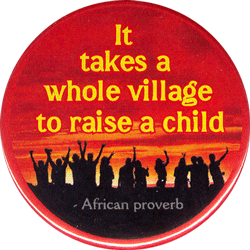
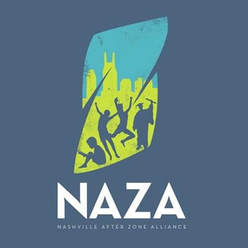
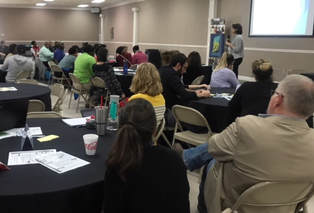
 RSS Feed
RSS Feed

